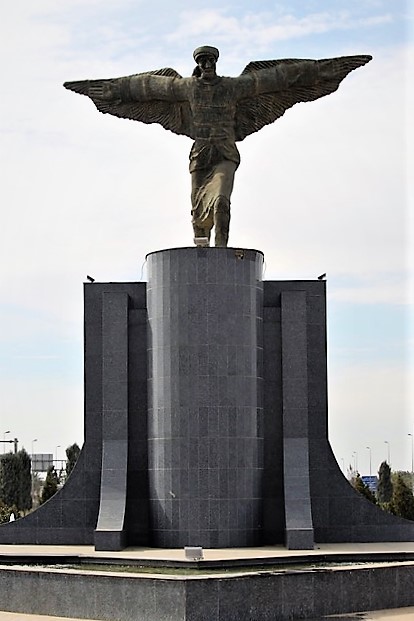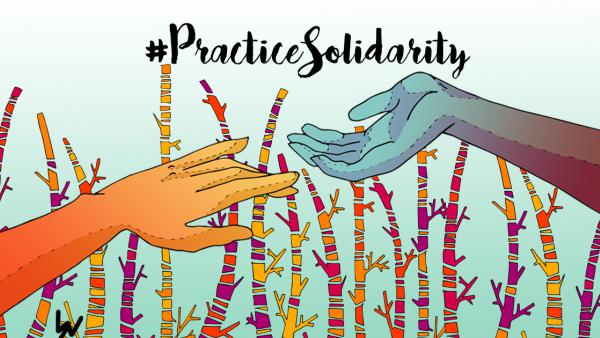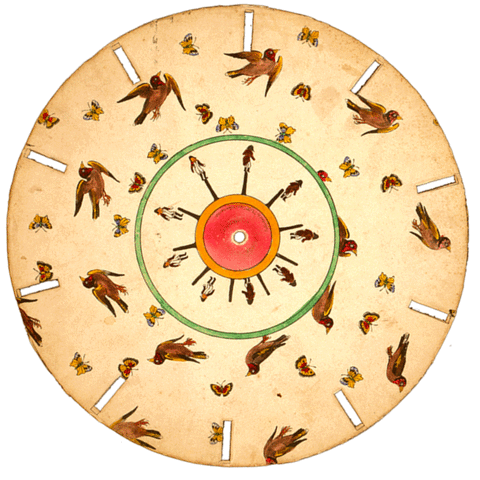
Statue of Abbas ibn Firnas, the first man to fly in 875 BC. The statue is located outside of Baghdad International Airport, Iraq. Photo by Adam Tousley.
“Must you have battle in your heart forever? The bloody toil of combat? Old contender…”
– Odyssey 12:132f, Fitzgerald
Homer’s Odyssey, written around 750 BC, is one of the first known written works that tells of the “psychologically injured” veteran who returns from war and fails to adapt to society. A man named Odysseus, which means “man of enmity”, endures both Trojan War and a decade of grueling travel before finding his way home. If you’ve read this story, you’re aware his homecoming was anything but peaceful. This perception of the psychologically wounded veteran permeates into today’s society. Millions of government dollars and countless non-profits exist to provide counseling and pharmaceuticals to help veterans re-integrate.
Some international humanitarian organizations buy into this perception by denying jobs to applicants who are qualified candidates with military backgrounds, due to the humanitarian principle of neutrality. I, a veteran of the U.S. Army, have been turned down three times because of my military background. On this Veteran’s Day holiday in the U.S., I want to challenge the perception of the veteran written by Homer in the 8th century, and make the case that veterans returning to places of conflict is healing for themselves and for the citizens of the conflict-affected countries in which they are working.
Dave Hansen is a U.S. veteran of the war between the U.S. and Vietnam, having served as a med-evac pilot in the Khe Sanh Combat Base. On June 4, 1971, Dave was called to emergency evacuate a team of U.S. Army Special Forces from Hill 950 (just N. of Khe Sanh Airfield). Amidst an intense firefight within an enclosed area being overrun by Continue reading






